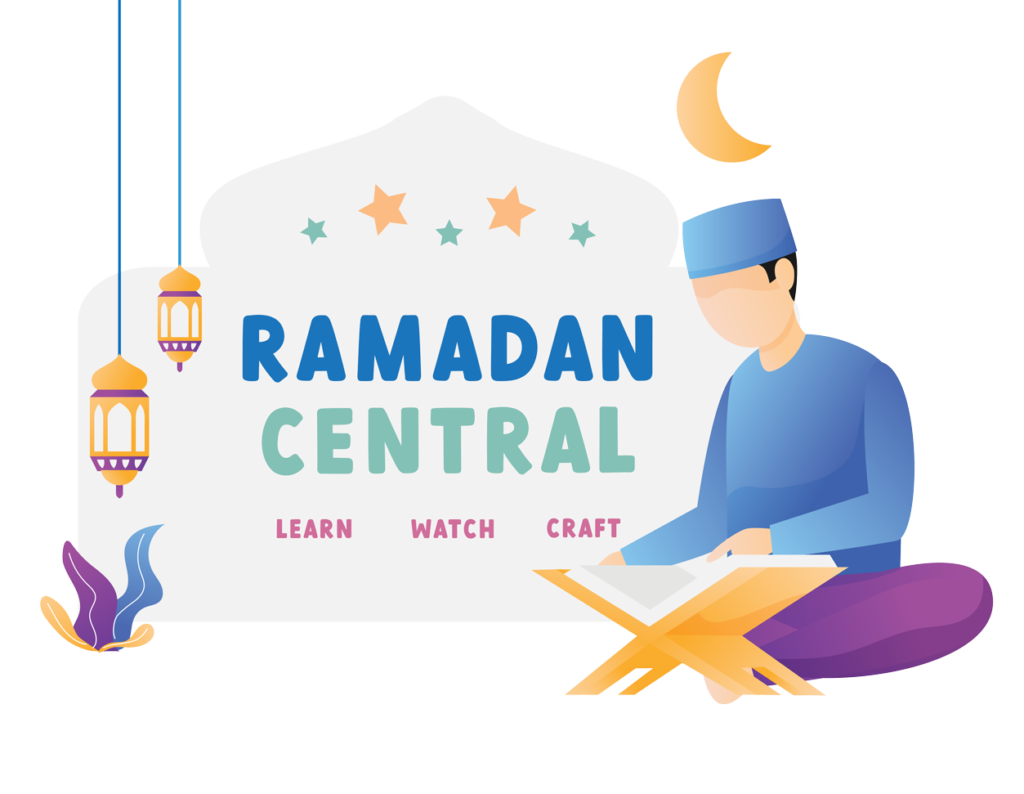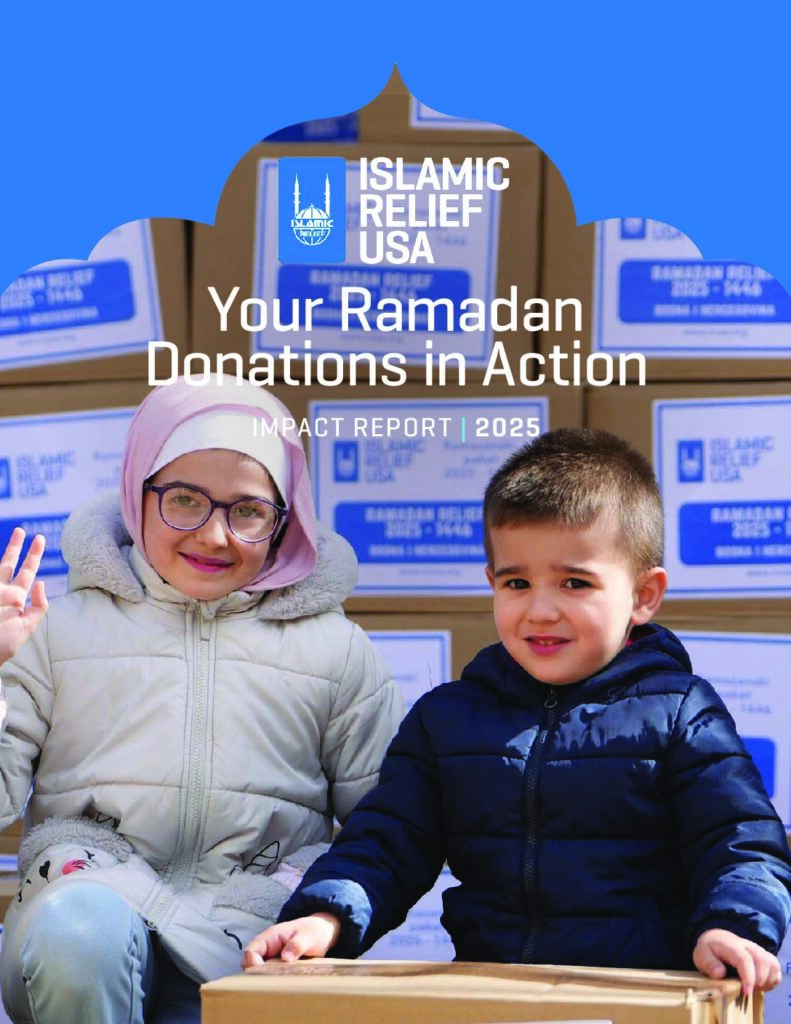Ramadan
Holiest Month of the Year
“Ramadan has come to you: a month of blessing in which Allah (SWT) covers you with blessings, sends down mercy, decreases sins, and answers prayers. In [this month], Allah looks at your competition in good deeds, and boasts about you to His angels. So show Allah utmost goodness from your souls.”
– Prophet Muhammad ﷺ as narrated by Tabarani
For millions of Muslims around the world, this blessed month is a time of reflection, reverence, fasting, prayer, patience, and charity. For IRUSA, Ramadan is the month that defines us.
Honoring the traditions of this blessed month unfortunately turns into hardships for too many families in need. That is why your donations are so powerful. Not only do you fulfill the charitable obligations Allah (SWT) has set for us, but you also help relieve at least a little of the burden that a struggling family faces.
Food Aid
Food aid is the largest sector of IRUSA’s humanitarian aid, and our worldwide distribution during the month of Ramadan plays a huge role. Packed with food important to the local diet as well as essential nutrients and vitamins, our Ramadan food boxes help provide food to vulnerable families across the globe. This year, with your support, we worked to provide food boxes to over 1,000,000 people!
FAQ
What’s in a food box?
Provisions differ from country to country. Many include rice, wheat, lentils, oil, sugar, canned fish or meat, and dates. In some countries, in place of a physical package of food, families are given vouchers to purchase the items they need the most. Connect with us via 1-855-447-1001 or [email protected] to learn more.
Where will my donation be used?
The Ramadan Food Aid Fund supports countries, including Afghanistan, Albania, Bangladesh, Bosnia, Burundi, Cameroon, Chad, Djibouti, Egypt, Ethiopia, Gambia, Ghana, India, Indonesia, Ivory Coast, Jordan, Kosovo, Lebanon, Lesotho, Libya, Mali, Mauritania, Morocco, Montenegro, Myanmar, Nigeria, Pakistan, Palestine, Senegal, Somalia, Sudan, Sri Lanka, Syria, Tanzania/Zanzibar, Togo, Turkey, Yemen, and the United States.
When you make a donation to this fund, your donation is automatically disbursed based on where there is the greatest need. Each $125 donation provides a food box that will support a family for the entire month of Ramadan.
DONATION POLICY: If you have made an error in making your donation to Islamic Relief USA, we will honor your request for a refund within 30 days of your donation. To request a refund, call 1-855-447-1001. Refunds are issued using the original method of payment. Please also note: Islamic Relief USA is committed to providing aid in the country or program that you select. In the event we complete the program, exceed the required funds, or are denied access to a particular country for reasons beyond our control, Islamic Relief USA reserves the right to reallocate your donation to another program where it is needed most.
The Power of Zakat
“Establish prayer and give zakat, and whatever good you put forward for yourselves—you will find it with Allah. Surely Allah sees what you do.”
—The Holy Qur’an, 2:110
More than just an obligatory wealth tax, zakat (almsgiving), is a core pillar of our faith. When you give through IRUSA, it has the power to end poverty and change the lives of those we serve for generations to come through emergency food aid and shelter, healthcare, sustainable livelihood support, and much more!





